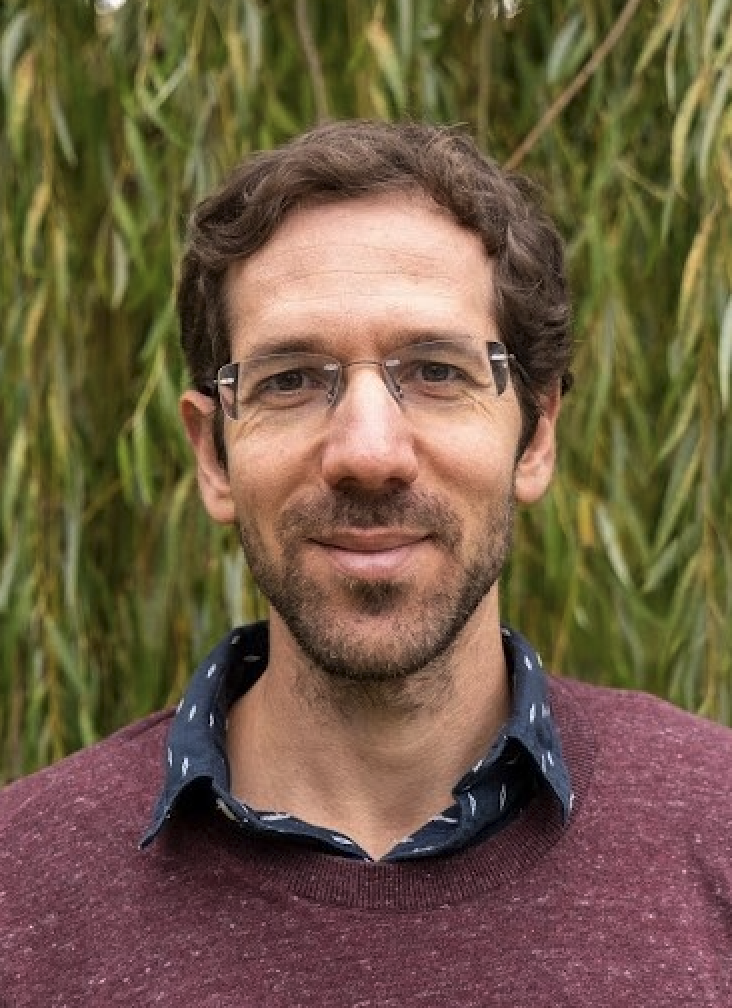
Publications:
“Jacob Gordin and the Anti-Spinozist Legacy of Hermann Cohen in France,” Modern Intellectual History 19, no. 3 (2022): 783–806.
“From Dialogue to Revelation: Alterity and the Concept of Fraternity (Fraternité) in Léon Askenazi’s Biblical Hermeneutics,” Religions 13, no. 5 (2022): 381. doi.org/10.3390/rel13050381.
“Jacob Gordin: The Religious Crisis in Jewish Thought,” Religions 13, no. 1 (2022): 44. doi.org/10.3390/rel13010044.
“Addendum: Scholem on Meeting Gordin in Paris in 1946,” Naharaim: Journal of German-Jewish Literature and Cultural History 15, no. 1 (2021): 147-149.
“On the Possibility of and Justification for a Philosophical Interpretation of Kabbalah: The Scholem-Gordin Correspondence,” Naharaim: Journal of German-Jewish Literature and Cultural History 14, no. 2 (2020): 297-312.
Dr. Ori Werdiger
Jewish thought, postwar French thought, 20th century intellectual history, history of Judaism, theories of religion and myth
history of religions, history of philosophy, hermeneutics, epistemology
I am an intellectual historian of modern Jewish thought. My work explores intersections between kabbalah and philosophy, with a focus on Jewish thinkers in twentieth century France. I am interested in questions of conceptual translation, interpretation, and counter secularization.
I received my PhD in the History of Judaism from the University of Chicago in August 2021. My dissertation examined the postwar thought of Jacob Gordin (1896-1947), a Russian-Jewish Neo-Kantian philosopher, and Gordin’s chief disciple, Léon Askenazi (1922-1996), a North-African kabbalist and prominent spiritual leader of Francophone Jewry in the second half of the twentieth century.
At the Polonsky Academy, I am working on a project that rethinks the contours of Jewish philosophy in Europe, through an interrogation of the thought and reception of two early modern figures: Rabbi Judah Loew (c. 1520-1609), known under his acronym, the Maharal, and philosopher Benedict Spinoza (1632-1677). The first part of this project examines Maharal and Spinoza’s Jewish receptions in postwar France as a case study of their wider co-presence in twentieth century Jewish thought. The second part reconstructs a philosophical dialogue between Maharal and Spinoza, focusing on central elements in their metaphysics, hermeneutics, and political theory.
Prior to Polonsky, I was a Postdoctoral Fellow in Jewish Philosophy at the Anne Tanenbaum Centre for Jewish Studies and the Philosophy Department at the University of Toronto (2021-2023). I also held a Postdoctoral Fellowship at the Franz Rosenzweig Minerva Research Center at the Hebrew University of Jerusalem in 2020-2021.